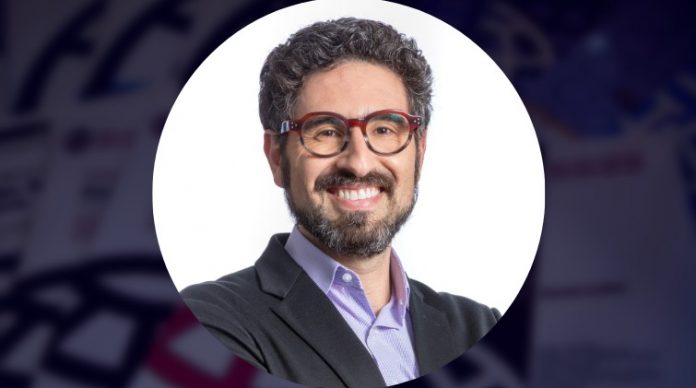A senior representative of the Inter-American Development Bank (IDB) says there is a growing use of international contracts across the Americas, but with a notable absence of dispute boards.
In Central and South America, FIDIC international contracts are being used more widely, primarily in transportation and water projects, though there is a growing use of the contracts for energy projects.
Speaking at an international construction contracts conference in London, IDB senior procurement specialist Roberto Laguardo Giraldo said: “The 2021 procurement framework ensures projects are scored with risk analysis and socially high-risk projects will need to start using all the international contract standards. This has implications for the clients, who must become more active in supervising projects to ensure they meet environmental and social standards.”
Giraldo said that the IDB had already included in its new procurement policy of 2018, that all clients must include provisions that make the contractor liable for environmental and social impacts.
“One such contract in the water and sanitation sector, included an expression of liability on gender equality and prevention of violence. This created a specific and complementary obligation to include experts on the issue in their projects, and training for their people. So there is value in this approach,” he explained.
There are real problems, however, with dispute boards.
Gilberto said: “We have mapped our contracts, which is a complex process, and we need to address the fact that only 65% of projects have established a dispute board – and only 39% of these have appointed them. This is something we are struggling with and it needs to be tackled.
“Causes of this include a lack of Spanish-speaking experts and perceptions of costs, which can be very high compared to the costs of local project workers – with a month’s wages paying one day’s fees for a dispute board member.”
This has led to a tendency to leave dispute board formulation or appointment until a problem arises, rather than putting the process in place from the start of the contract, something the IDB is looking to address.
Roberto Laguado Giraldo was speaking at the FIDIC International Contract Users’ Conference held in London on 30 November 2022 in a session examining multilateral development bank procurement.


















